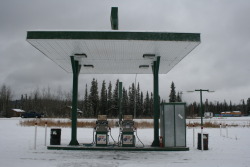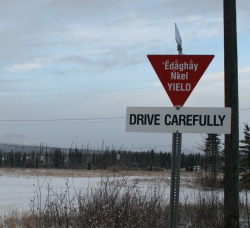Working together to Address Underlying
Community Issues as Barriers to Employment

KEY CONCEPTS: community autonomy, drug and alcohol, FASD
This employer shared the views of other area employers, noting that while there were not many people with what are traditionally thought of as disabilities, such as physical and cognitive disabilities, issues arising as a result of drug and alcohol abuse were the source of a number of community and employment concerns. Fetal alcohol spectrum disorders (FASD) create a number of barriers to employment that include cognitive, social and emotional issues.
This employer indicated that rural Yukon employers are responsive to community needs, working to develop work projects that are adaptable enough to accommodate the various needs arising from the effects of FASD and associated learning and social-emotional-behavioural disabilities.
When asked what a Yukon Disability Employment Strategy might do to support communities and employers when dealing with issues arising from drug and alcohol abuse and the deleterious effects associated with FASD, the suggestions focussed on ensuring communities had the support needed to create jobs and provide the kinds of accommodations, including education and social supports needed by employees to sustain their employment situations.
 We find this issue regarding drug and alcohol abuse, and the deleterious effects of FASD is a repeating and concerning theme across our community consultations on the YDES project trail. Employers express a shared interest in expanding business and hiring locally, but face concerns regarding reliability and capability of prospective employees who might suffer from drug and alcohol related disabilities.
We find this issue regarding drug and alcohol abuse, and the deleterious effects of FASD is a repeating and concerning theme across our community consultations on the YDES project trail. Employers express a shared interest in expanding business and hiring locally, but face concerns regarding reliability and capability of prospective employees who might suffer from drug and alcohol related disabilities. 










